Alfred Cortot - The Master Classes (2005)
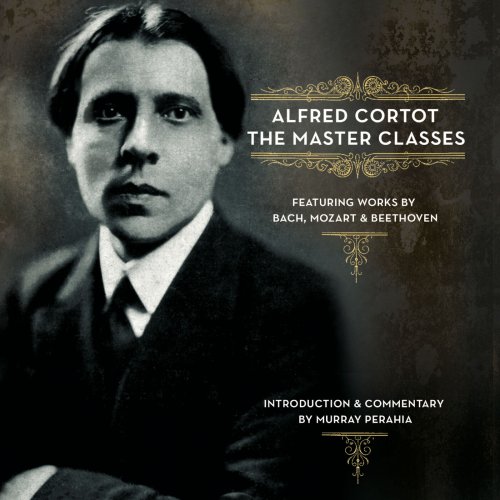
Artist: Alfred Cortot
Title: The Master Classes
Year Of Release: 2005
Label: Sony Classical
Genre: Classical
Quality: FLAC (tracks)
Total Time: 03:17:11
Total Size: 427 Mb
WebSite: Album Preview
Tracklist: Title: The Master Classes
Year Of Release: 2005
Label: Sony Classical
Genre: Classical
Quality: FLAC (tracks)
Total Time: 03:17:11
Total Size: 427 Mb
WebSite: Album Preview
CD 1
1 I. Praeludium
2 II. Allemande
3 III. Corrente
4 IV. Sarabande
5 V. Menuet I & II
6 VI. Giga
7 Fantasy in C minor for Piano, K. 475
8 I. Tema. Andante grazioso e variazioni
9 II. Menuetto - Trio
10 III. (Rondo) alla Turca. Allegretto
11 I. Allegro maestoso
12 II. Andante cantabile con espressione
13 III. Presto
14 I. Das Lebewohl/Les Adieux. Adagio - Allegro
15 II. Abwesenheit/L'absence. Andante espressivo
16 III. Das Wiedersehn/Le retour. Vivacissimamente
17 I. Mit Lebhaftigkeit und durchaus mit Empfindung und Ausdruck
18 II. Nicht zu geschwind und sehr singbar vorgetragen
19 I. Etwas lebhaft, und mit der innigsten Empfindung. Allegretto ma non troppo
20 II. Lebhaft, Marschmässig. Vivace alla marcia
21 III. Langsam und sehnsuchtsvoll. Adagio, ma non troppo, con affetto
22 IV. Geschwind, doch nicht zu sehr, und mit Entschlossenheit. Allegro
CD 2
1 I. Vivace, ma non troppo
2 II. Prestissimo
3 III. Andante molto cantabile ed espressivo. Variations I - IV
4 I. Moderato cantabile molto espressivo
5 II. Allegro molto
6 III. Adagio ma non troppo
7 IV. Fuga. Allegro ma non troppo
8 II. Andantino from Sonata No. 2 in G minor for Piano, Op. 22
9 I. Durchaus phantastisch und leidenschaftlich vorzutragen from Fantasy in C Major for Piano, Op. 17
10 Introductory remarks to Sonata No. 2 in B-Flat minor for Piano, Op. 35
11 I. Grave - Doppio movimento
12 II. Scherzo
13 III. Marche funèbre. Lento
14 IV. Presto
15 Introductory remarks to Sonata No. 3 in B minor for Piano, Op. 58
16 I. Allegro maestoso
17 II. Scherzo. Molto vivace
18 III. Largo
19 IV. Finale. Presto non tanto
CD 3
1 Introductory remarks to Ballade No. 1 in G minor, Op. 23
2 Ballade No. 1 in G Minor, Op. 23
3 Introductory remarks to Ballade No. 3 in A-flat Major, Op. 47
4 Ballade No. 3 in A-Flat Major, Op. 47
5 Ballade No. 4 in F Minor, Op. 52
6 Scherzo No. 3 in C-Sharp Minor, Op. 39
7 Mazurka in G minor, Op. 24, No. 1
8 Mazurka in C Major, Op. 24, No. 2
9 Mazurka in B-flat minor, Op. 24, No. 4
10 Mazurka in C minor, Op. 30, No. 1
11 Mazurka in B minor, Op. 30, No. 2
12 Prelude No. 2 in A minor, Op. 28
13 Prelude No. 4 in E minor, Op. 28
14 Prelude No. 5 in D Major, Op. 28
15 Prelude No. 8 in F-sharp minor, Op. 28
16 Prelude No. 15 in D-flat Major, Op. 28 "Raindrop"
17 Prelude No. 20 in C minor, Op. 28
18 Nocturne in F Minor, Op. 55, No. 1
19 Waltz No. 1 in E-flat Major, Op. 18 "Grande Valse Brilliante"
Performers:
Alfred Cortot (piano)
Murray Perahia (introduction & commentary)
Have you ever wished to be present as a great instrumentalist teaches gifted pupils? Sony's set of Alfred Cortot's Master Classes can satisfy that fantasy, as well as provide insightful performances of works (and excerpts of works) including some Cortot never recorded, and hearing him expound on them from a performer's point of view. It's possible thanks to an engineering student who taped many of Cortot's classes in the late 1950s and Murray Perahia, who tracked down the tapes and produced this invaluable set. Don't understand French? Not to worry--French texts and English translations of Cortot's remarks are provided. We also hear Cortot playing with spontaneity and captivating spur-of-the-moment impetuousness, if also with rather more wrong notes than the fastidious would like. The inevitable frustration of wanting him to play an entire lengthy work soon gives way to appreciation for his insights and the beauties of the excerpts he's highlighting. Those insights include technical points like pedaling, rhythm, and touch. But more often hes teaching a work's expressive content. He'll relate a Beethoven Sonata to a love story or the way Chopin's Ballades reflect the Adam Mieckicwicz poems said to inspire them. There's Bach, Mozart, and Schumann here too. Cortot's main point, the lesson that pervades these discs, is one all aspiring artists need to absorb: "Technique can never really be separated from musical expression." This set is must for pianophiles, students, and admirers of one of the last century's greatest artists. -- Dan Davis
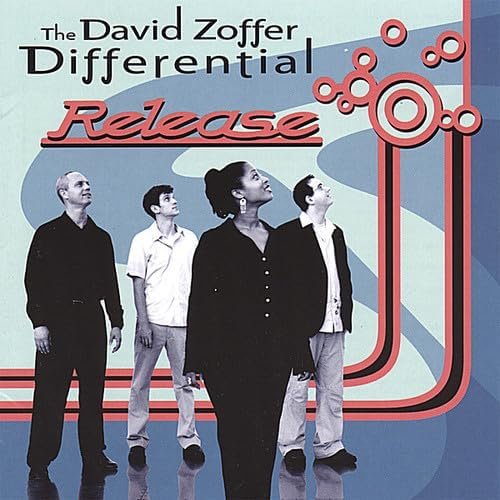
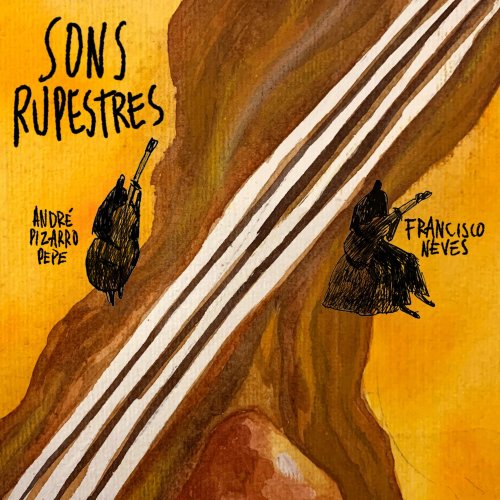
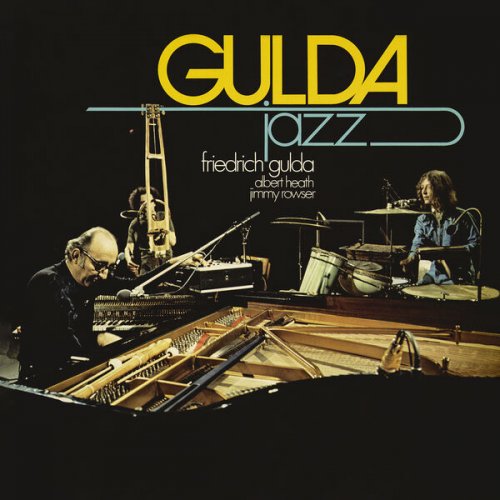
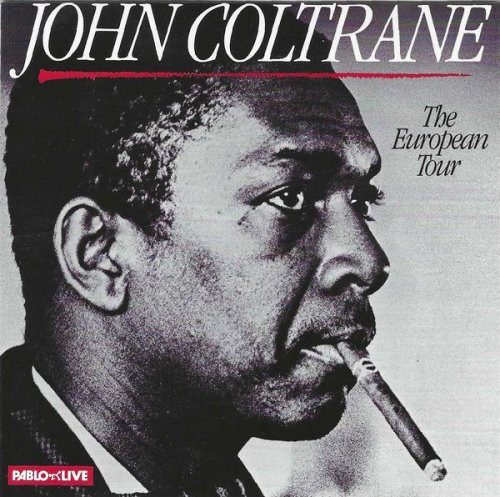
![Luizinho do Jêje, Marcelo Galter, Sylvio Fraga - Mocofaia (2024) [Hi-Res] Luizinho do Jêje, Marcelo Galter, Sylvio Fraga - Mocofaia (2024) [Hi-Res]](https://img.israbox.com/img/2025-12/19/ie15pqye9f7axu0oyf0ndsk7k.jpg)

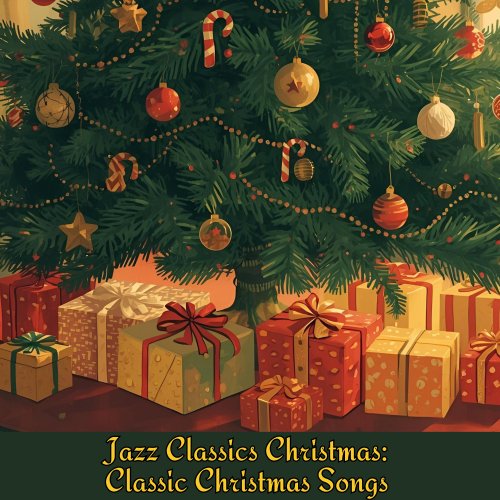
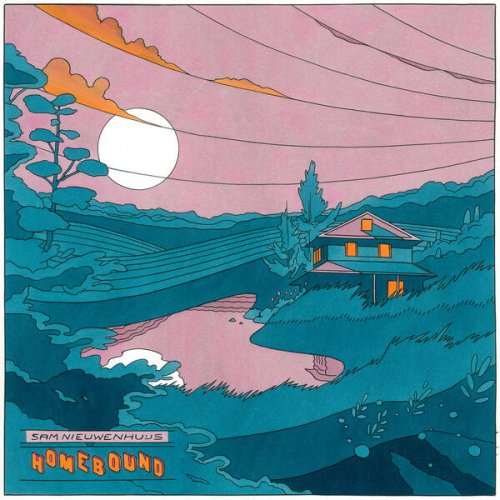
![Black Flower - Ghost Radio (2016) [Hi-Res] Black Flower - Ghost Radio (2016) [Hi-Res]](https://img.israbox.com/img/2025-12/21/9jx4xnhjd3hra5u06rbmghsre.jpg)